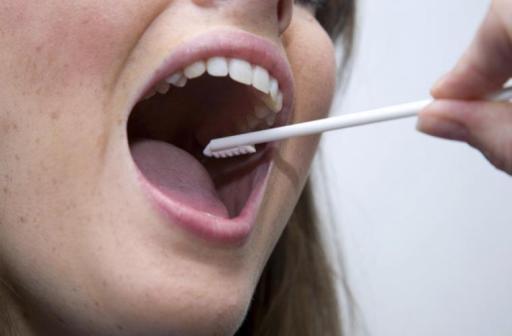- Managing your Practice
-
- Your Benefits
-

Introducing the ultimate Club MD experience
From work to play, and everything in between, we provide you with access to hundreds of deals from recognizable, best-in-class brands, elevating every facet of your life – from practice supports to entertainment, restaurants, electronics, travel, health and wellness, and more. Your Club MD membership ensures that these deals are exclusive to you, eliminating the need to search or negotiate.
Welcome to the ultimate Club MD experience. Your membership, your choices, your journey.
-
- Advocacy & Policy
-
- Collaboration
- News & Events
-

Stay Informed
Stay up to date with important information that impacts the profession and your practice. Doctors of BC provides a range of newsletters that target areas of interest to you.
Subscribe to the President's Letter
Subscribe to Newsletters
-
- About Us
-

Direct-to-consumer genetic testing and public safety
September 21, 2015
Together for Health
Genetic testing allows us to identify the likelihood of us getting illnesses and diseases, as well our response to certain medications. Over the years it has become increasingly popular, especially in the area of direct-to-consumer genetic testing (DTC GT) – testing sold directly to consumers without the involvement of their doctor. Individuals simply order a personal testing kit either via the Internet, television or other marketing or advertising avenues, provide a saliva sample, mail it to the lab and await the results. And while the sophistication of DTC GT has increased, cautions should still be taken.

If the privacy of DTC GT results isn’t adequately maintained, potential for harms include discrimination and stigmatization. For example, employers or insurance companies may deny individuals employment, benefits, medical coverage or health insurance based on knowledge of genetic disposition. Additionally, test results could lead to improper use of other health care services such as an inappropriate demand for medications and/or inadequate or incorrect changes in medication by the consumer.
It is imperative that DTC GT not compromise quality patient care, and that consumers don’t use this type of testing to making decisions about their health without the advice of their doctor. And since DTC GT isn’t currently regulated, in a recent policy statement Doctors of BC is calling for the following to better protect consumers:
- Federal regulation of marketing and health-related claims in connection with DTC GT
- The development of national standards for reliability and validity of DTC GT
- Public education initiatives aimed at increasing awareness of potential implications
- Increased education for physicians on interpreting test results
Click here to view the full policy statement on direct to consumer testing.




